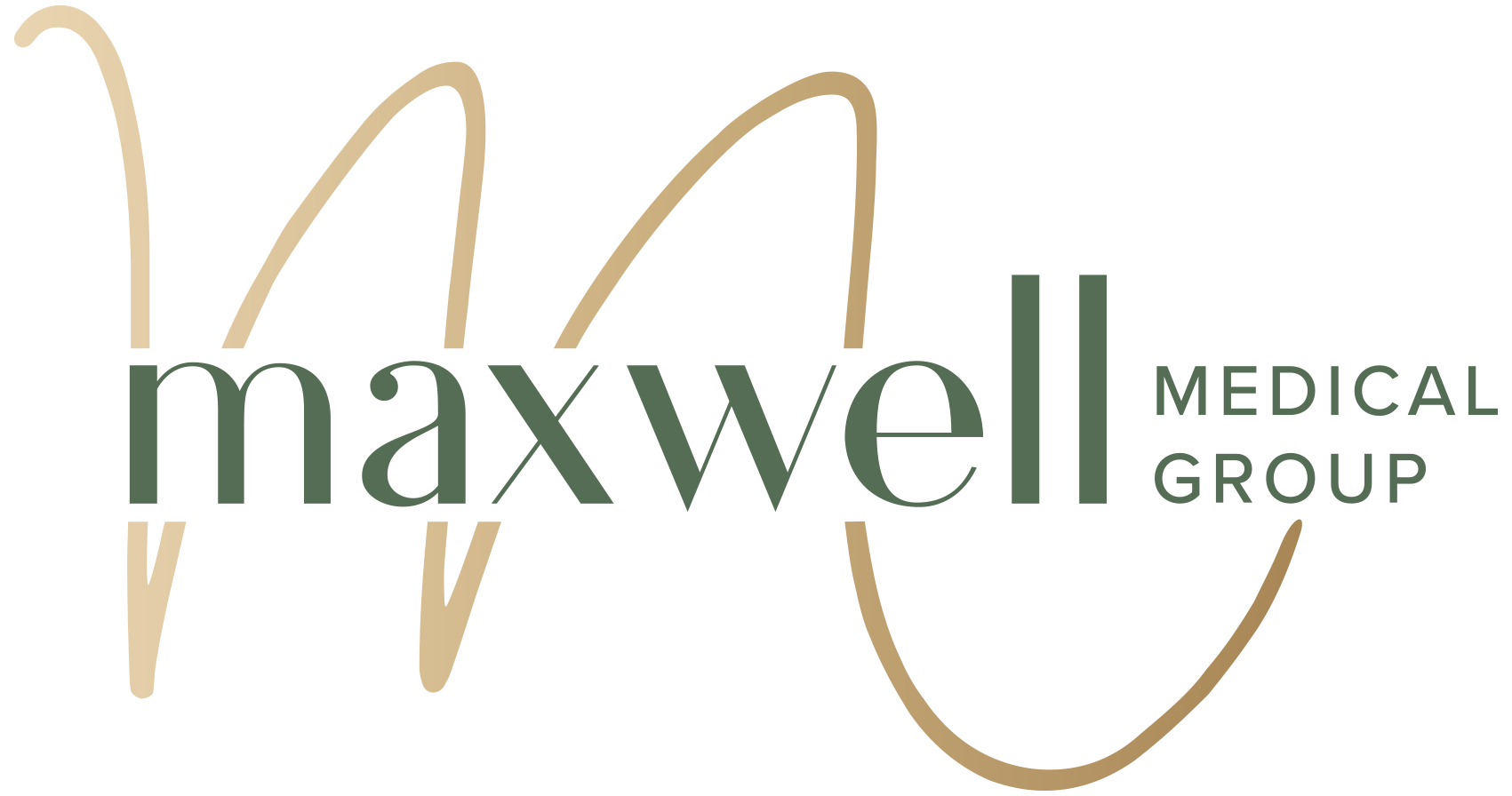Ovarian Cancer Awareness
The ovaries are small organs which form part of the reproductive system. They are located in the pelvis, are about 2-3cm in size and there is one on the right and one on the left. The ovaries contain cells which become eggs (ova). They also produce hormones including oestrogen and progesterone which are involved in the menstrual cycle.
Each year, around 1400 Australians are diagnosed with ovarian cancer. There are three main types:
· Germ cell
· Epithelial cell (most common)
· Stromal cell (rarest)
There are some risk factors for ovarian cancer. These include:
· Increasing age
· BRCA1 or BRCA2 gene
· Strong family history of breast or ovarian cancer
· Diabetes
· Endometriosis
· Using HRT
· Being overweight
· Smoking
There can be different signs and symptoms of ovarian cancer. If you have any of these you should discuss them with your doctor and please mention if you are concerned about ovarian cancer. Some symptoms include increasing abdominal size, bloating, abdominal pain, pelvic pain, needing to pass urine often or urgently, feeling full after eating only a small amount, a change in your bowel habit, unexplained weight change, excessive fatigue, low back pain, bleeding after the menopause, bleeding in between your periods, pain during sex or bleeding afterwards.
There are lots of other causes of these symptoms and most people with these symptoms don’t have ovarian cancer. However, it’s important to discuss them and your concerns with your doctor.
Some of the tests your GP might recommend to rule out ovarian cancer include blood tests and a pelvic ultrasound. For the pelvic US to be useful it is usually done trans-vaginally (internally). We know this can be embarrassing and intrusive but it allows the sonographer to get the most accurate views of the ovaries.
Once the results of the bloods and scans are available your GP may recommend a referral to speak to a gynaecologist.
Below are a list of some useful websites for more information and support:

